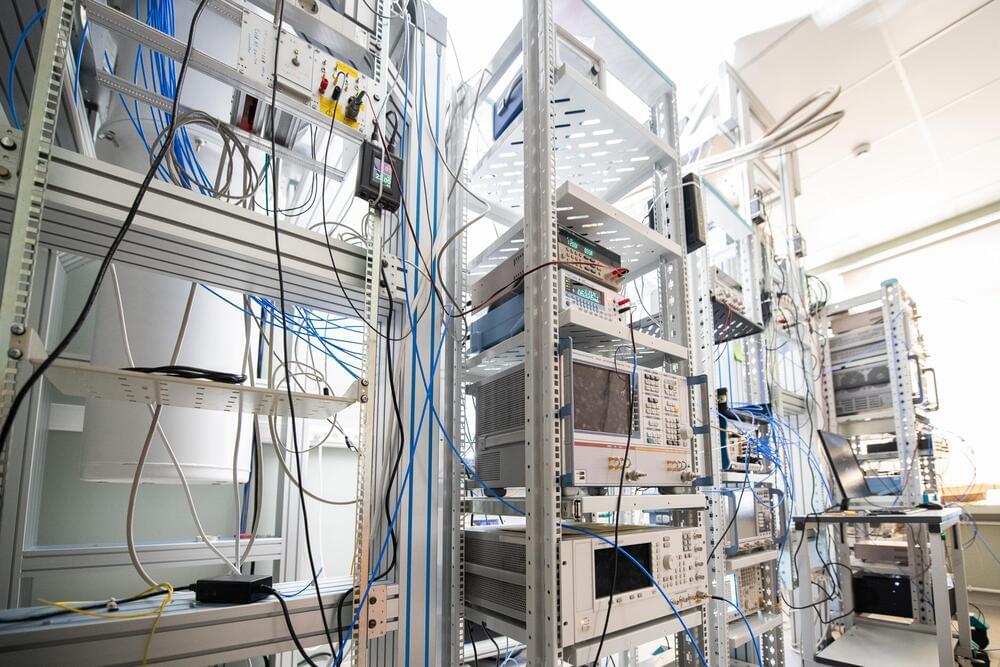Russian scientists from University of Science and Technology MISIS and Bauman Moscow State Technical University were one of the first in the world to implement a two-qubit operation using superconducting fluxonium qubits. Fluxoniums have a longer life cycle and a greater precision of operations, so they are used to make longer algorithms. An article on research that brings the creation of a quantum computer closer to reality has been published in npj Quantum Information.
One of the main questions in the development of a universal quantum computer is about qubits. Namely, which quantum objects are the best to make processors for quantum computers: electrons, photons, ions, superconductors, or other “quantum transistors.” Superconducting qubits have become one of the most successful platforms for quantum computing during the past decade. To date, the most commercially successful superconducting qubits are transmons, which are actively investigated and used in the quantum developments of Google, IBM and other world leading laboratories.
The main task of a qubit is to store and process information without errors. Accidental noise and even mere observation can lead to the loss or alteration of data. The stable operation of superconducting qubits often requires extremely low ambient temperatures—close to zero Kelvin, which is hundreds of times colder than the temperature of open space.
